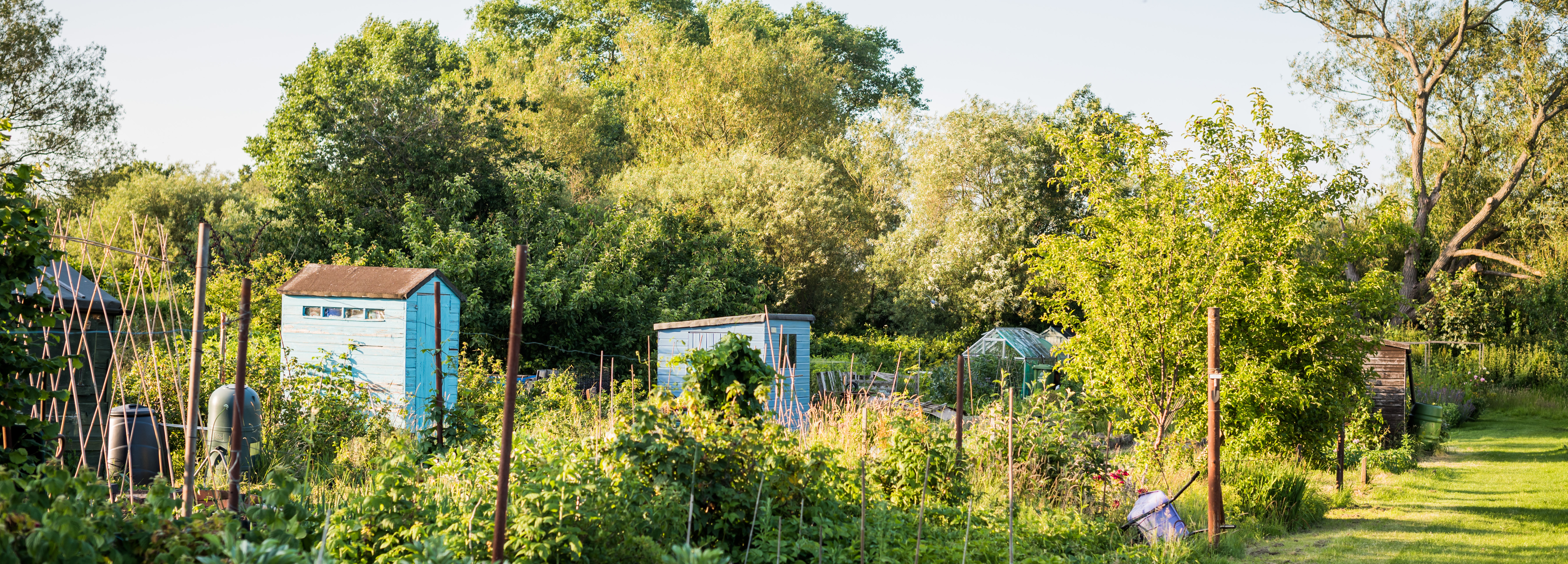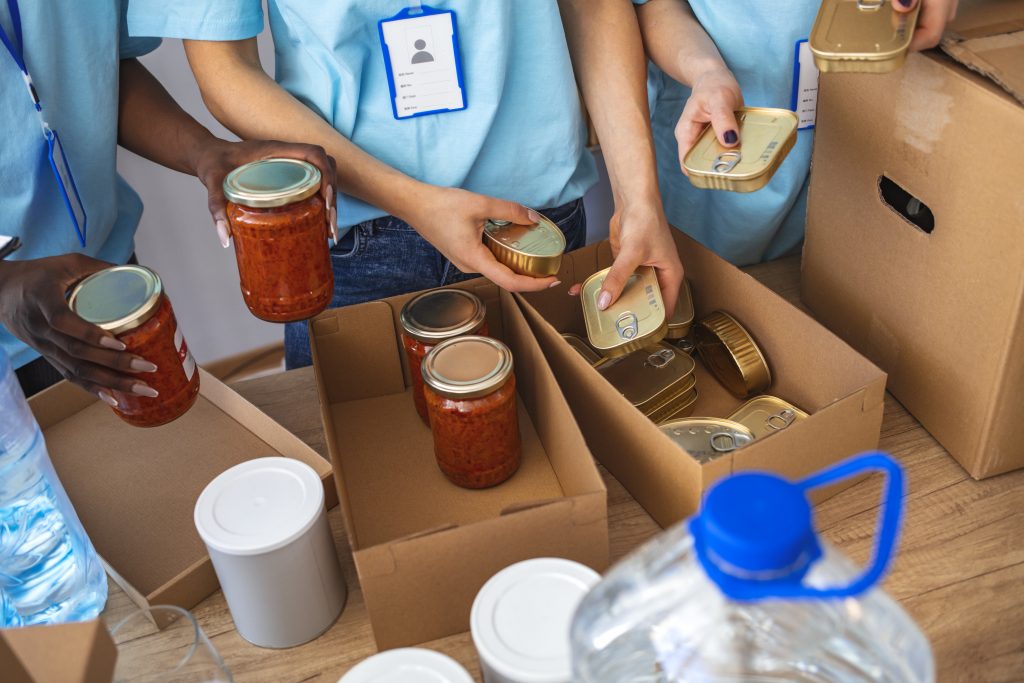Students
NEPHTC Health Equity Stipend Program
NEPHTC provides stipends of $3,500 to 27 students per year for field placements and faculty-student collaborative projects throughout New England. To qualify, you must be a graduate or doctoral student pursuing a degree in a health profession, or a 3rd- or 4th-year undergraduate student pursuing a public health degree, and work with a public health or nonprofit agency supporting underserved areas and populations.
Diversity
NEPHTC’s Health Equity Stipend Program supports the Diversity & Inclusion Oath of the Boston University School of Public Health, including the shared mission to improve the health of local populations, particularly the disadvantaged, underserved, and vulnerable.Read more about BUSPH’s statement on diversity and inclusion. NEPHTC’s Health Equity Stipend Program aims to increase the supply and diversity of the public health workforce through student field placements, especially placements serving rural or medically underserved communities. As such, we encourage applications from students with underrepresented or disadvantaged backgrounds and/or with project characteristics that include serving medically underserved/rural areas or populations.
What is a Health Equity Project?
Health equity means that everyone has a fair and just opportunity to be as healthy as possible. Health equity projects focus on removing or reducing barriers to health caused by race or ethnicity, education, income, location or other social factors. Proposed projects must benefit medically underserved populations and may address any health or social problem. Highly desired are projects for agencies located in medically underserved areas or rural areas.

Applications for the 2024-2025 Year Are Now Open!
2024-2025 Application
To learn more, if you have any questions, or if you need help with the application process, please contact: NEPHTC Health Equity Internship Coordinator, Maurine Crouch, at maurine.crouch@yale.edu or NEPHTC Regional Coordinator, Karla Todd Barrett, support@nephtc.org.
Students applying for NEPHTC Health Equity stipend must have their project approved and confirmed by their university and field placement site prior to application.
Proof of Impact
By the Numbers…
- 100% of students agreed* that learning objectives of the placement/project were met.
- 100% of students agreed* that they identified actions they will take to apply information they learned.
- 96.15% of students agreed* that information they learned during the placement/project is relevant to their future public health career plans.
- 100% of students agreed* that the placement/project increased their interest in working with vulnerable/underserved populations.
*Agreed or Strongly Agreed
Data from Common Metrics Reporting period 7/1/22-6/30/23
Employment Status One Year After Program**
- 80.7% of students are employed.
- 76.1% of those who are employed work in health or public health.
- 66.7% of those employed indicated their employer is in an MUC, primary care and/or a health profession shortage area.
Impact**
- 100% of those working agreed or strongly agreed that their placement prepared them for the work they do now.
- 100% of respondents agreed or strongly agreed that, as a result of their placement, they are more confident about their ability to work with diverse populations.
**Data from 2023 participants, gathered one year after participation
In Their Own Words…
- Listen to Fawatih Mohamed-Abou’s describe the benefits of her internship experience.
- “I loved interacting with community members and being able to make their voice heard in policy level decision making efforts.”
- “This funding opportunity made it possible for me to turn an idea into a reality.”
- “I loved having the opportunity to experience real world public health work.”
- “This is a wonderful supportive program that enables students to finance their internships and not worry about the burden of finding other employment while doing crucial and critical work in underserved communities.”
Participant Exit Survey, 2022-23





